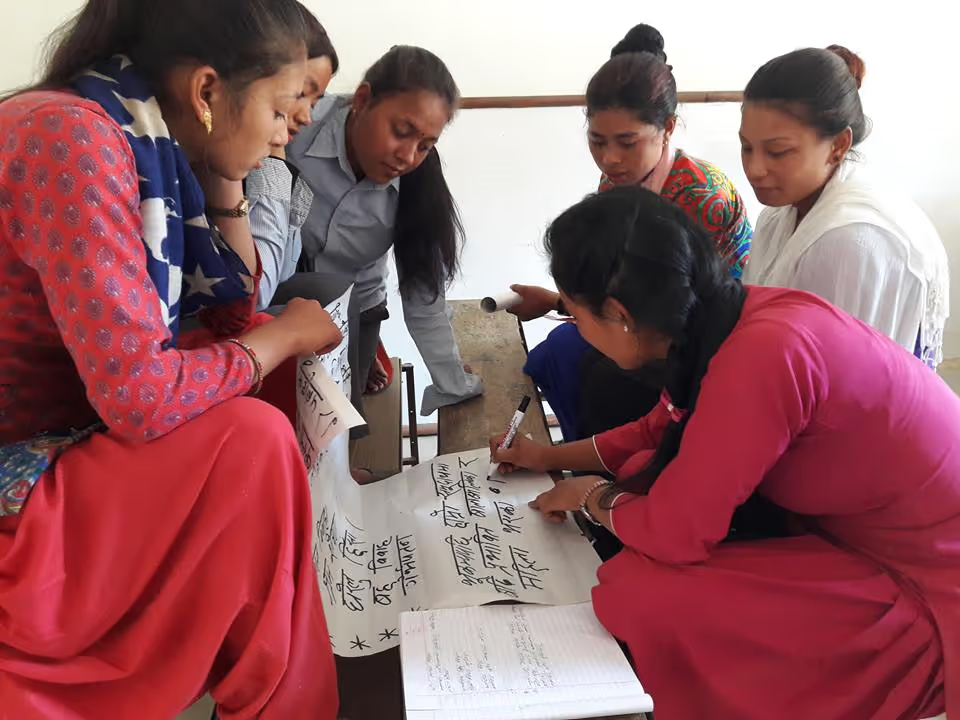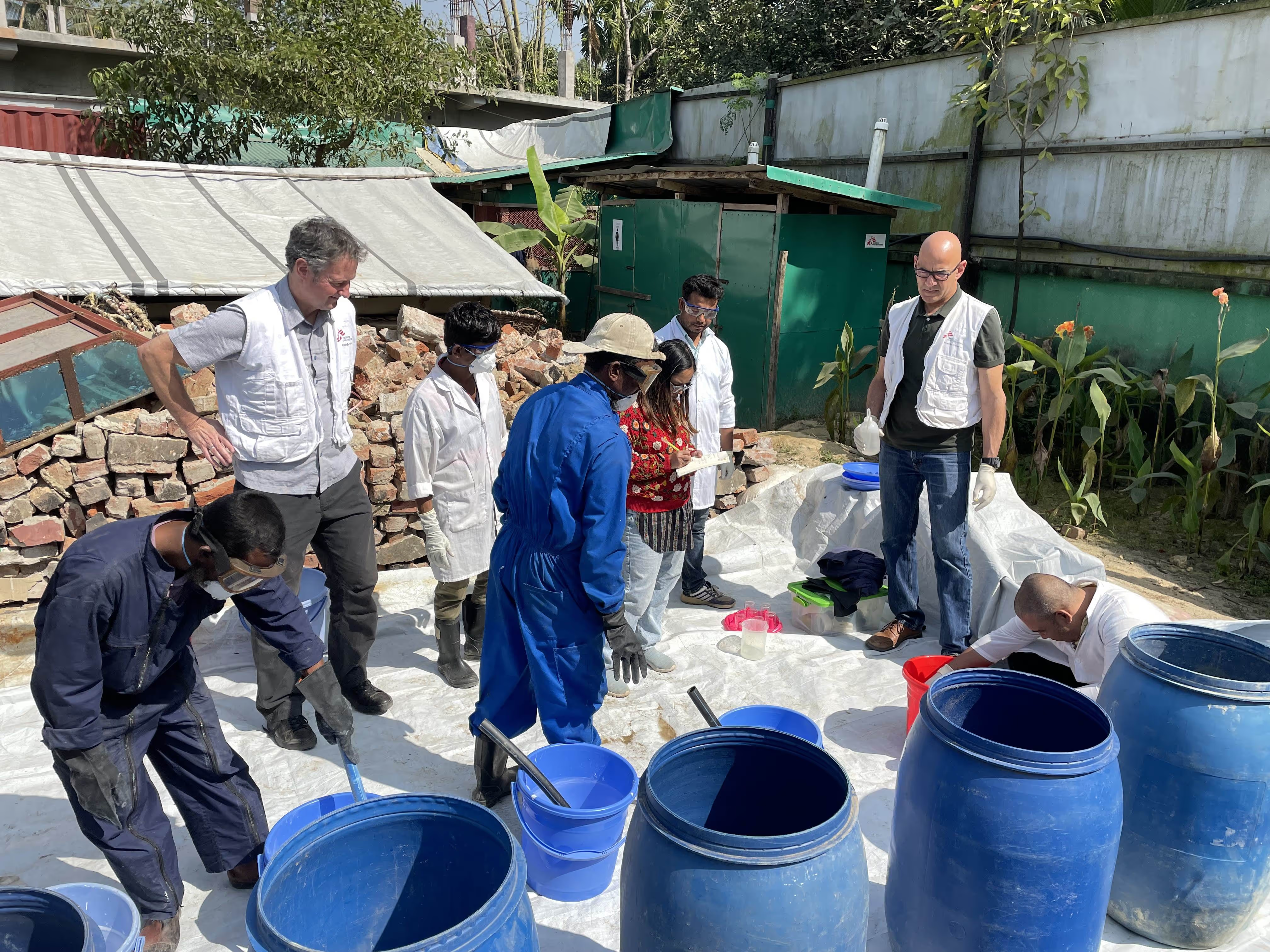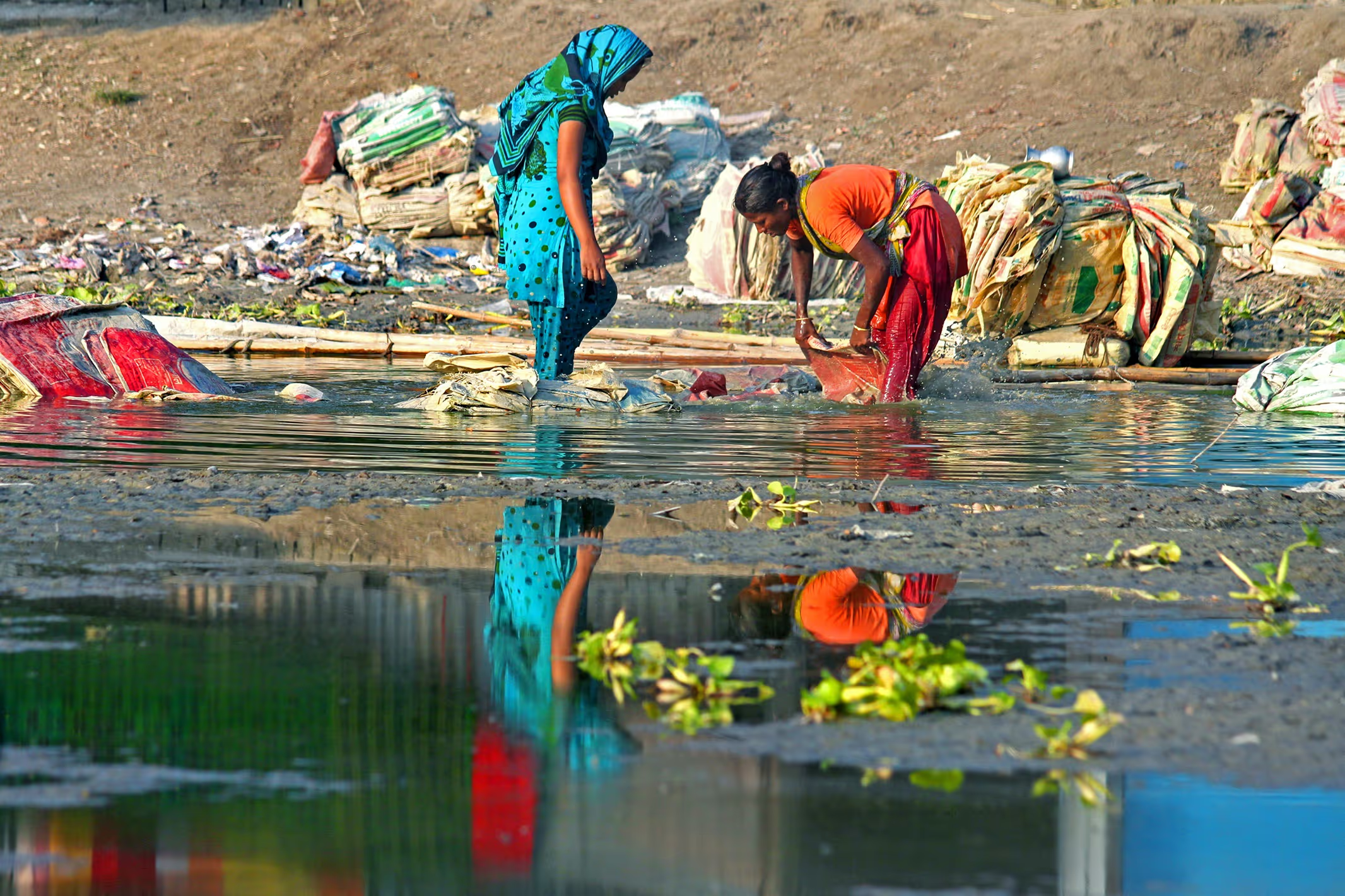Exploring adolescent's perceptions of Gender-based violence in Sindhulpalchok‚ Nepal

Whenever it’s time to sweep the classroom, everybody says this is girl’s work and I think that’s gender based violence”
The statement above was quoted by Laxmi Kuikel a 19-year-old girl in Grade 12 and part of our school level interaction programme. She shared that many GBV related awareness raising activities had been organised in the wake of the 2015 earthquake, but still people’s mindset had not changed on gender roles.
Mahila Atma Nirbharta Kendra (MANK) and Oxfam are conducting research project on impact measurement practices and innovative tools for Gender Based Violence programmes during emergencies, focusing on Sindhupalchowk in Nepal. The project aims to find out the impact measurement practices of GBV programming during emergencies.
MANK and Oxfam are conducting consultations with community members, various humanitarian organisations, government authorities, local NGOs, INGOs and government bodies to review how GBV is measured. We will also look at what tools are used to monitor the progress of these GBV programmes. The school level interaction programme is one of the consultation processes. It is designed to collect impressions of adolescent girls and boys on GBV programme impact measurement practices.
On April 2, we went to Auselukharka higher secondary school located in Indrawoti municipality, 4 Sindhupalchowk. We conducted an interaction programme with adolescent girls and boys to explore their perception of adolescent GBV programmes impact measurement tools during humanitarian emergencies.
We assumed that it would be tough to conduct the interaction with the students but when we started to talk with them in simple words and language, they enjoyed the interaction and began to participate actively. A total of 61 students participated exceeding the target of 40.
Firstly, we conducted a brief session on what gender based violence is, what it includes and where it can happen. Later, we divided the students into four groups. Each group was asked to cover three separate questions and was given 30 minutes to complete the task. Questions were randomly selected from the following:
- What have you learned from GBV programmes organised in your community?
- What kind of services have been provided in your community on GBV during an emergency?
- Did you get a chance to share your feedback on any GBV related programmes for impact measurement purposes?
- What are the practices/methods to measure the impact of GBV programmes in emergencies?
It was tough to keep all of the students engaged, and a challenge to make sure that they all understood the impact measurement tools of GBV programming! Nevertheless, by using simple language and enthusiasm, the targeted students came to understand GBV activities.
Through the consultation and in completing a questionnaire, we now know that seven of the 61 students had participated in different types of GBV programmes during the emergency period. These included GBV training, a girls trafficking workshop, child protection workshops, and some had also participated in a street drama on trafficking and GBV.
When we asked them about impact measurement, they shared that some of the NGOs came with monitoring forms and asked them questions such as: “Which activities did you like the most?” and “Which GBV programmes were the most effective and why?” Some asked for suggestions on further programme activities. They liked this approach as they could openly write their views on the programmes which they felt they couldn’t share openly in conversation. They did however report that not all organisations came with monitoring tools, it was only a few.
Photo Credit: Suneeta Bhukhaju, MANK.
Stay updated
Sign up for our newsletter to receive regular updates on resources, news, and insights like this. Don’t miss out on important information that can help you stay informed and engaged.
Related articles



Explore Elrha
Learn more about our mission, the organisations we support, and the resources we provide to drive research and innovation in humanitarian response.